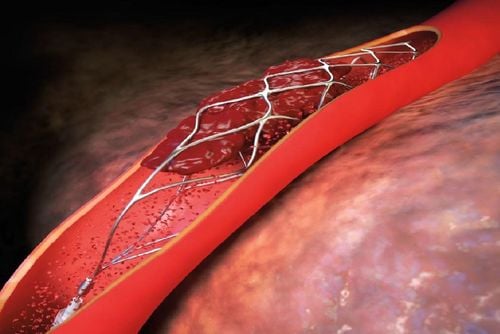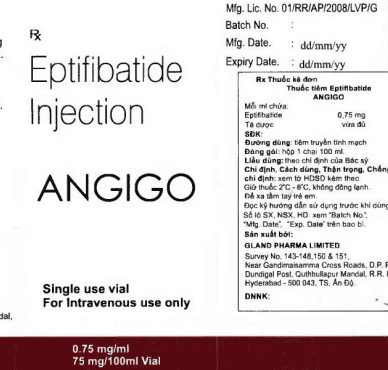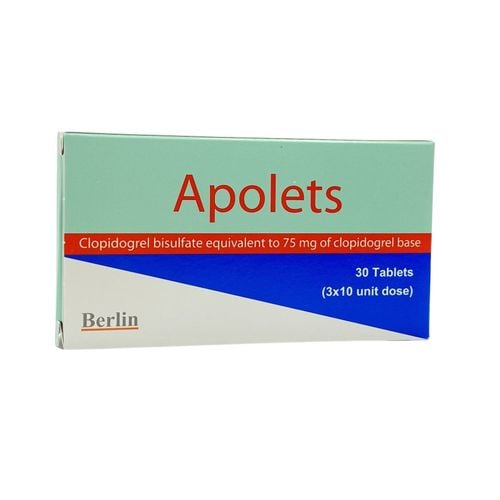This is an automatically translated article.
The article is professionally consulted by MSc Nguyen Van Phong - Internal Medicine and Cardiology Interventionist, Cardiovascular Center - Vinmec Times City International General Hospital. The doctor has more than 15 years of experience in the field of cardiology.In order to solve the problem of coronary artery blockage, coronary stenting is a very important intervention to help relieve angina pain and treat myocardial infarction. In recent years, self-dissolving stents are expected to be a revolution in coronary intervention through catheters, but so far this new type of stent is still in the research process, there is no indication for widespread use. .
1. Indications of self-absorbable stent in the treatment of acute coronary disease
Absorbent stents are a new generation of stents that have some advantages over other types of stents, but the indication for stent placement depends on many factors. Studies have not proven that self-absorbed stents are safer and that self-absorbable stents are still concerned about complications of acute stent occlusion after intervention.Some possible causes:
Narrowed proximal coronary artery, weak myocardium, or many atherosclerotic vessels, then coronary artery bypass graft surgery will be a more reasonable choice than a dissolvable stent. The blood vessel wall stability is low, there are not many sizes, so it is not an option for cases with the diameter of the vessel lumen above 4 mm or less than 2.5 mm. The technique of self-dissolving stents is many times more complicated than other stents, so it needs specialists to perform optimally. Patients have to take anticoagulants for a longer period of time due to the thickening of the lytic framework, which increases the risk of intravascular thrombosis. Therefore, indications for self-absorbable stents are still limited, and should only be used in suitable patients at present.
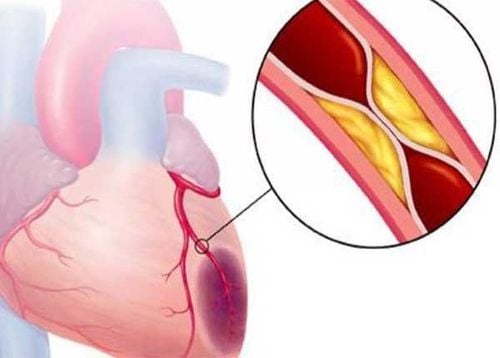
2. Advantages and disadvantages of self-dissolving coronary stents
The method of self-dissolving stents in the treatment of acute coronary artery disease has the following advantages:Promotes natural wound healing by accelerating the growth of the arterial cell lining The process of vascular remodeling does not or less affected. Facilitating non-invasive coronary diagnoses such as MSCT, MRI The possibility of favorable coronary artery bypass graft surgery in the future (if needed). In addition, some general disadvantages of self-absorbable stents include:
Increased risk of periprocedural myocardial infarction or stent thrombosis due to thicker digestible stents. Self-absorbable stent placement is very limited on severe calcified lesions because of poor stent support. Non-contrast stents make it difficult to observe during intervention. Procedure time is prolonged due to time to identify damage when self-stent stents are placed. Poor dilatability increases the risk of stent rupture at high pressures More expensive than other stents
3. Notes when using self-absorbable stents
Coronary stenting is considered a simple and safe procedure but still carries many risks, especially the two most common complications are re-stenosis due to scar tissue and complete embolism due to thrombus formation in the stent.MORE: Risks of coronary stent
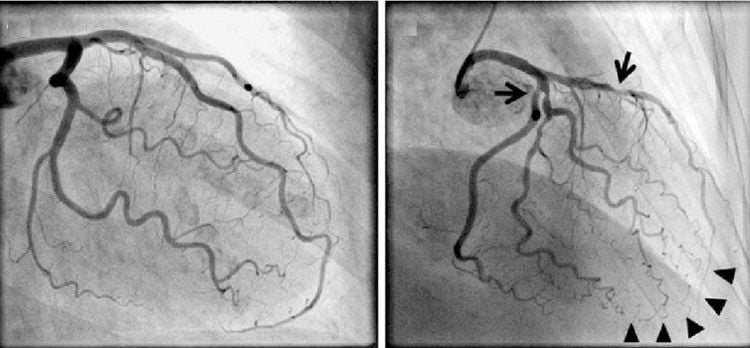
The patient's use of anticoagulants. Placement of one or more stents at the same time. Control of cholesterol and underlying diseases such as hypertension, diabetes To Knowing whether the stent is still good or has occlusion or restenosis, coronary angiography is the best method to help detect and make a decision on new stent placement. Patients also need to pay attention to the hospital sooner if they detect unusual signs such as angina even at rest, chest tightness, shortness of breath, unusual fatigue.
Self-dissolving stents are being considered as a new direction in percutaneous coronary intervention to help stented blood vessels maintain their naturalness. However, more studies are needed to prove the safety of this new type of stent before it is approved for widespread use. Patients should also perform the procedure at reputable, professional and well-equipped medical facilities.
Vinmec International General Hospital has the function of examining, diagnosing and treating many diseases, including cardiology. Vinmec has a full range of modern medical equipment and is capable of treating, dilating, and placing coronary stents with the most modern, minimally invasive techniques, safely, helping patients recover soon. Moreover, at Vinmec, all instruments in the intervention procedure, consumables are used once, not reused to ensure the safest for the patient.
In particular, the entire medical examination and treatment process at Vinmec is performed by a team of highly qualified medical professionals who have undergone training and are granted technical certificates, able to handle quickly and efficiently. effective, especially in emergency situations. Therefore, patients with heart-related diseases can rest assured with the strict, standard and effective treatment process at Vinmec.
Please dial HOTLINE for more information or register for an appointment HERE. Download MyVinmec app to make appointments faster and to manage your bookings easily.








